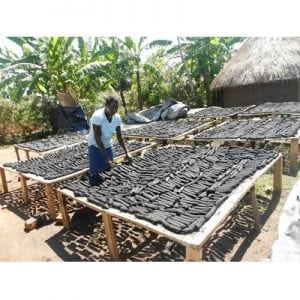
Agriculture
November 22, 2024
AEST Agricultural Waste Charcoal Briquettes
Read SolutionImplemented by
Appropriate Energy Saving Technologies Limited (AEST)
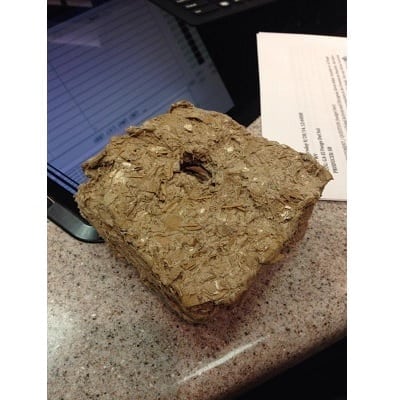
Updated on November 30, 2024
·Created on August 27, 2015
Briquettes made out of recycled cardboard, paper, sawdust, and agricultural waste, distributed in Haiti and the Dominican Republic.
El Fuego del Sol Recycled Briquettes are cooking briquettes constructed of recycled cardboard, paper, sawdust, and agricultural waste. The briquettes are produced as part of an ecological cycle which starts by collecting the waste materials from schools and other locations around Port-au-Prince, processing of waste, and production of the recycled briquettes for further delivery to schools for cooking.
Target SDGs
SDG 7: Affordable and Clean Energy
SDG 3: Good Health and Well-Being
Market Suggested Retail Price
$0.08
Target Users (Target Impact Group)
Household
Distributors / Implementing Organizations
El Fuego del Sol, partnered with the Dominican NGO Grupo Jaragua, UN World Food Program in Haiti, and various other NGOs.
Competitive Landscape
Direct competitors include AEST Agricultural Waste Charcoal Briquettes.
Countries
Dominican Republic, Haiti
Manufacturing/Building Method
The briquettes are mass-manufactured in Port-au-Prince, Haiti. After being collected, the organic waste is pulverized and mixed with water. The resulting liquid biomass slurry is pressed on an ergonomic industrial manual press, producing the briquettes. After this process, the briquettes are dried on the sun to be delivered to schools for cooking purposes.
Intellectural Property Type
Select Type
User Provision Model
UN World Food Program provides the briquettes to local schools and institutions. Briquettes cannot yet be purchased by individuals.
Distributions to Date Status
By 2015, more than 500,000 briquettes have been distributed. Interview with representative
Material composition
Recycled cardboard, paper, sawdust and agricultural waste
Higher heating value (MJ/kg)
Unknown
Types of primary pollutants
None
Design Specifications
Recycled paper, cardboard, sawdust, and agricultural waste composition with a 1.9 cm diameter hole to allow airflow.
Each briquette weighs from 0.16 kgs to 0.18 kgs and with dimensions (LxWxH): 10 x 10 x 4 cm.
The recyclable materials are collected from schools, embassies, the UN, and other locations around Port-au-Prince separated sorted, and upcycled. The cardboard, paper, sawdust, and agricultural waste are pulverized and mixed with water. The resulting liquid bio-slurry is pressed, producing the briquettes which are dried in the sun. The briquettes are delivered to schools where are used for cooking student meals.
Technical Support
Training of briquette use is manufactured and supplied by El Fuego del Sol.
Replacement Components
N/A
Lifecycle
Single-use, no warranty. Disposal of ash not specified.
Manufacturer Specified Performance Parameters
Fuego del Sol aims to replace the use of charcoal in Haiti. Part of their mission is also replacing charcoal related jobs with bio-briquette manufacturing jobs. Specified targets are:
Vetted Performance Status
None
Safety
Safety precautions should be taken when working with burning briquettes.
Complementary Technical Systems
El Fuego del Sol's briquettes only work successfully in Prakti stoves and the newly developed Fuego del Sol household briquette stove since the square shape makes them obsolete in most stoves.
A retained heating cooker designed by El Fuego del Sol maintains the temperature of the stoves to reduce the number of briquettes required.
Academic Research and References
No academic references.
FdS Haiti. n.d. FdS Haiti.
El Fuego del Sol. n.d. Fuego Del Sol’s Ecological Cycle. El Fuego Del Sol.
Compliance with regulations
El Fuego del Sol follows international Fair Trade standards for all operations in Haiti, the Dominican Republic, and the U.S.A., and requires all business partners to do the same.
Evaluation methods
Using past results from previous briquettes, El Fuego del Sol started experimenting with ideas on the internet. In 2015, El Fuego del Sol was about to begin residential field testing of the briquettes in rural communities. Progress on those tests is unknown.
Other Information
Ideas winner for inner American ideas competition.
Haiti energy globe award for Haiti.

Agriculture
November 22, 2024
Implemented by
Appropriate Energy Saving Technologies Limited (AEST)
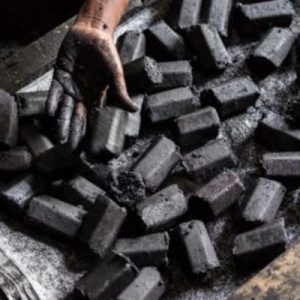
Agriculture
November 30, 2024
Implemented by
Kencoco Ltd
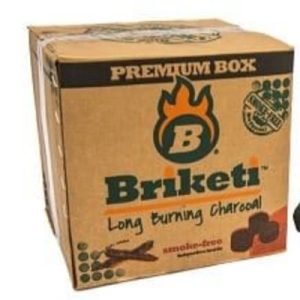
Agriculture
November 22, 2024
Implemented by
Green Bio Energy
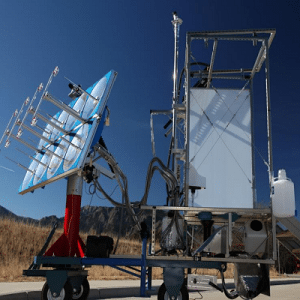
Agriculture
January 2, 2024
Implemented by
University of Colorado
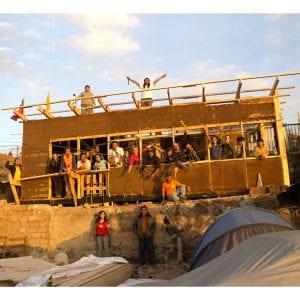
Agriculture
March 6, 2024
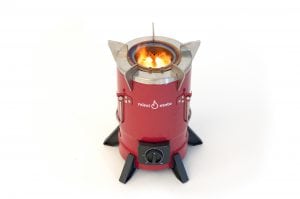
Agriculture
November 30, 2024
Implemented by
Mimi Moto
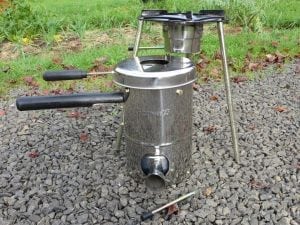
Agriculture
November 30, 2024
Implemented by
Dr TLUD (Paul Anderson)
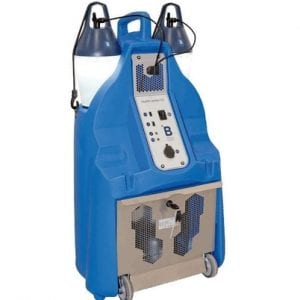
Agriculture
December 30, 2023
Implemented by
B Medical Systems
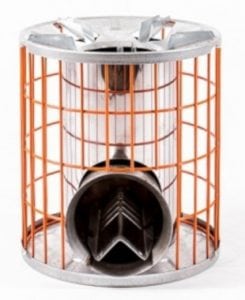
Agriculture
December 3, 2024
Implemented by
Rocket Works
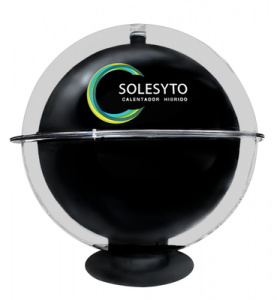
Agriculture
January 28, 2024
Implemented by
Energryn
Have thoughts on how we can improve?
Give Us Feedback